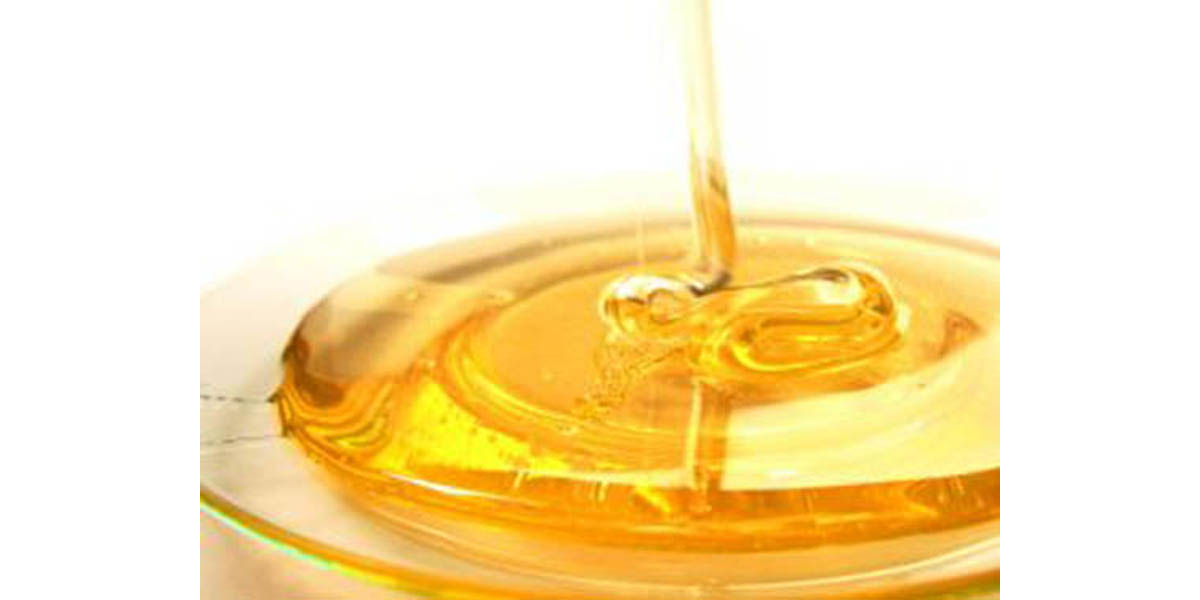Table of Contents
a) Sucanat – it is manufactured from sugarcane just as refined sugar but the difference is that unlike refined sugar the vitamins and minerals present in the original sugar cane is kept intact. It is sweeter than refined sugar and hence is a great substitute for it.
b) Honey – is a natural sugar substitute that contains B vitamins, minerals and enzymes. It not only serves as a sweetener but also imparts a unique flavor and had healing properties.

c) Stevia – it is a natural sweetener and has 0 calories.
d) Maple syrup – it is the boiled and refined sap from maple trees and contains important minerals like manganese, iron and calcium.
e) Molasses - is a byproduct of the refined white, brown, and turbinado sugars and is an excellent substitute for brown sugar. It imparts a nice flavor.
f) Barley Malt Syrup - is made from whole barley and is composed of 65 percent maltose and 30 percent complex carbohydrate.
g) Fruit Concentrate/Sweetener – comprises of frozen juice concentrates such as grape or apple juice or blends of peach, pear and pineapple juices. Work well in most baked goods except white cakes and recipes using chocolate. They are excellent for sweetening homemade lemonade, hot breakfast cereals, and plain yogurt.
h) Agave Nectar – it is the raw nectar of the agave plant which tastes like honey and has very low glycemic index.
i) Fructose - is a natural sugar found in plants and fruits. It is low-glycemic sugar and is available in granulated form.
j) Xylitol – it is naturally occurring sugar alcohol often obtained from corn, berries or birch. It has low glycemic index and doesn't cause blood sugar imbalances.
These natural sugar substitutes are not just low in calories but also help in the proper regulation of blood glucose levels in the blood. Hence steering one away from the onset of several diseases.
So the next time you think of adding table sugar to your cereal or coffee, think twice. Go the natural way!
- 1) Harper’s Biochemistry, 1988, 21st Edition, p. 555
- 2) Sweet on Stevia: Sugar Substitute Gains Fans, Columbia Daily Tribune, 23 March 2000

